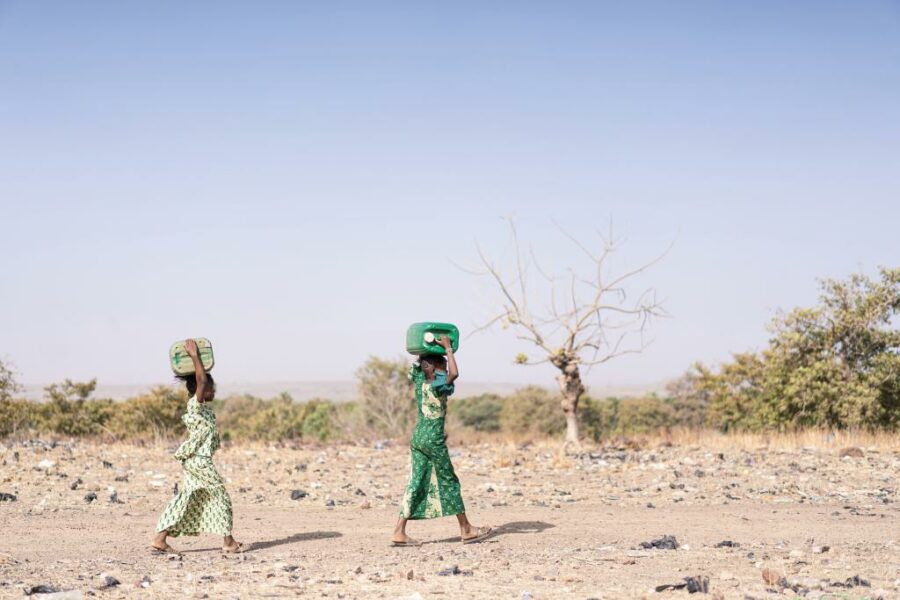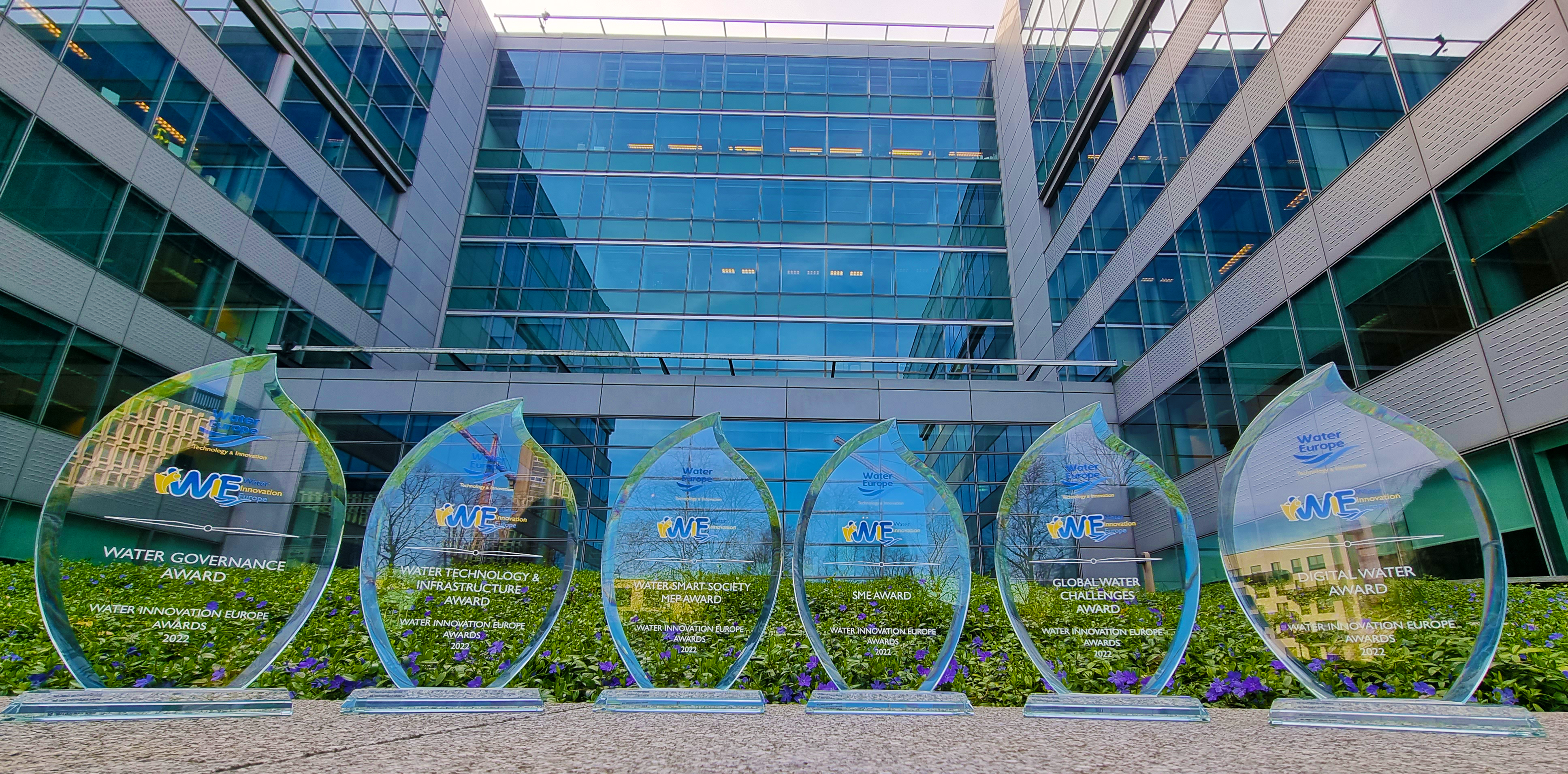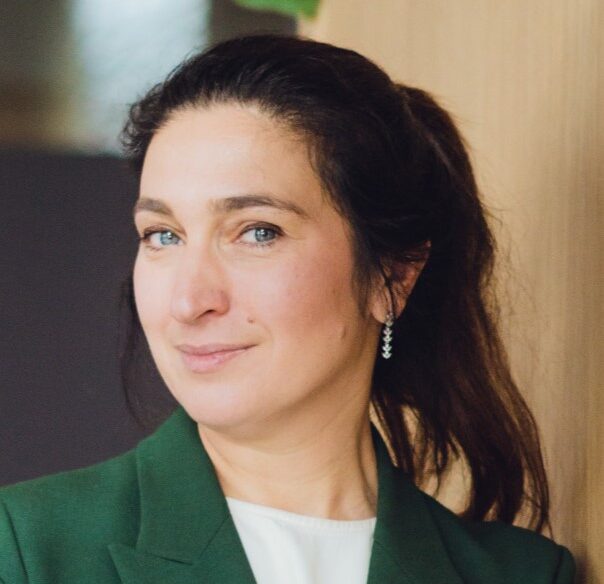The Wageningen Economic Research, part of the Wageningen University and Research (WUR), jointly conducted a study with the Joint Research Centre (JRC) and the Research institutes of ARAID-CITA. The study examines the trade-offs and synergies between the Sustainable Development Goals (SDGs) for three different climate change mitigation scenarios up to 2050.
The analysis recognises that the sustainable pathways would bring undisputable benefits in terms of lower global temperature rises, lower pressure on land and water use, and improvements in ecosystem services and biodiversity.
Key findings:
- Developing countries cannot afford to tackle climate change without partnership assistance and knowledge transfer from richer regions
- The study calls for integrated decision-making where interlinkages between economic, societal and environmental factors are taken into consideration.
The AfriAlliance project is an example of integrated cooperation and decision-making. The project takes EU-Africa cooperation to a practical level by having African and European stakeholders work together in the areas of water innovation, research, policy, and capacity development. Demand-driven, problem-focused action groups are sharing knowledge between the identified stakeholders and networks at all levels to identify and address vulnerabilities effectively.
Water and climate change research and social innovation (R&I) cooperation between Africa and Europe are being reinforced through a combination of forward-looking and bottom-up innovation and road mapping techniques.
Click here to find more information about the study.




